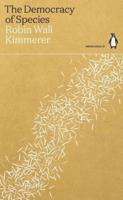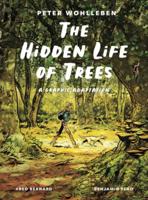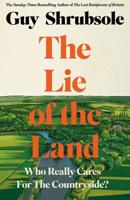Publisher's Synopsis
This book explores the unique relationship humans have established with the Purple Martin whereby people have provided nest cavities for martins during the birds summer stay in North America. The narrative describes and discusses efforts to conserve birds by improving nesting success, especially in regard to competition from alien species and native predators. Recent efforts to increase populations, notably along the edge of the martins range, include individuals, and organisations, that exchange information about caring for the birds. This renewed interest has resulted in innovations about feeding birds during inclement weather, seeking out roost sites in order to protect migrating birds, gathering information about where birds go in South America during the non- breeding season, and identifying what dangers they face in their winter quarters. The book describes the number of martin species and their basic biology, and it investigates the history of human interaction with the bird, especially how people have gathered information that so-called landlords draw upon in order to manage their bird colonies. Increasing numbers of devotees gather data on nesting and fledging rates in order to track bird numbers. These citizen scientists not only furnish data for ornithologists to incorporate into regional programs to protect migratory birds, but also have improved methods for managing nesting birds, building up numbers in backyard colonies, and advising colleagues how best to help conserve the species.









